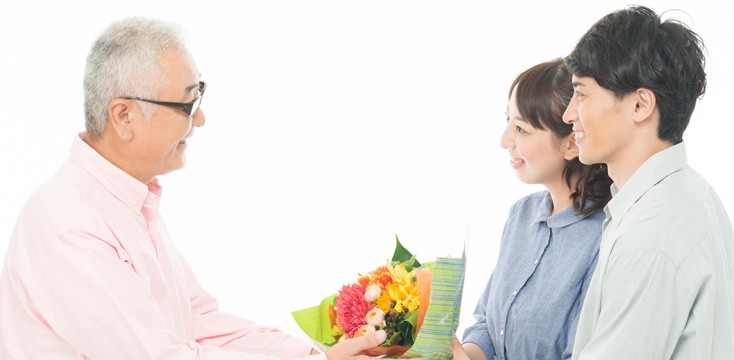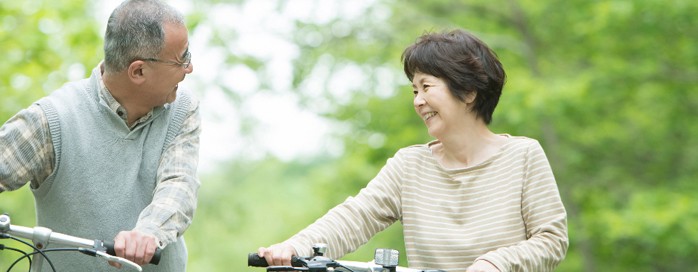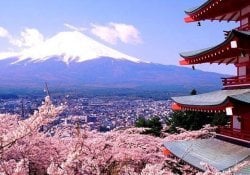Respect is owed to all people, to the next and the family, but in Japan this is taken very seriously, whether by an elderly person or by their Senpai at a university or school.
There are national holidays whose name and theme is “Keiro no Hi (敬老の日) – Day of Respect for the Elderly”, a special day that tells us how necessary and important the elderly are in everyone's life.
Índice de Conteúdo
Respect for the Aged Day
Every year, Keiro no Hi (敬老の日) is celebrated on the third Monday of September, this year 2016 it will take place on the 18th. The holiday is exclusive to Japan and this date is marked on all calendars Japanese and therefore the Japanese show respect and the significance that this holiday and the elderly have in society.
The date of Keiro no Hi only appeared in 1947, this is because a village in Hyogo wanted to make the date official, to show respect and show a form of satisfaction for their elders.
On this day, the hug given to the chosen person is very rewarding and can mean that you are thanking the person for everything he has done for you, whether an elderly person or even a member of your family.
It is important to emphasize that in Japan respect for the elderly will always be special, so that respect does not remain to be remembered only for a date, so be sure to give that hug to your grandfather/grandmother or dear person in your life, because at times it may be too late and regret will hover over you.
Japanese life expectancy
In Japan, life expectancy is 85 years old for women, 78 years old for men, a high number compared to world indices, with the world's highest concentration of elderly people who are over 100 years old.
One of the factors is the excellent treatment that the Japanese have and for all that the country has to offer, that is, Japan is structured to give the best of itself to its citizens, that is to say that a country where the inhabitants feel and are well cared for, can raise expectations and raise the spirits of the inhabitants.
Another important factor is the fact that the Japanese elderly do daily activities, such as walking, reading, taking care of the plantations, driving and having someone to talk to is also something that makes a total difference, these factors can make the person not enter depression and who have physical or neurological illnesses.
Respect for Veterans
The Kouhai (freshman), is deeply grateful and has full respect for his Senpai (veteran), the senpai is the one who will instruct, teach and give lessons to the kouhai, in a satisfactory way, of course.
We realize that senpai has a hierarchical position above kouhai, but it is in no way shameful to be called kouhai, as this can mean that senpai also shows respect and it can also mean that senpai is honored to be a senior to his apprentice. To learn more about senpai and kouhai read our other article clicking here.







